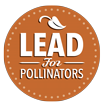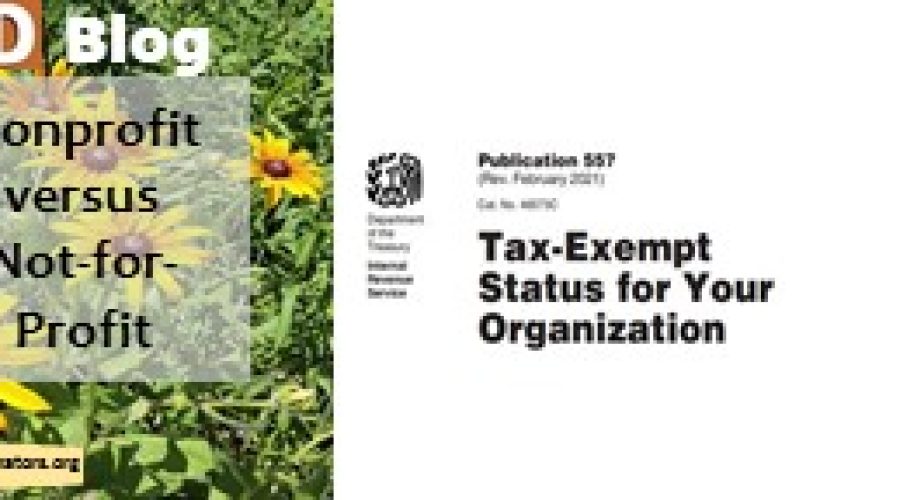Despite the widespread usage of neonicotinoids for protecting crops from predatory insects, this class of substances has been shown to pose substantial risk to bee populations, both killing them directly and affecting their behavior and productivity.
Many beekeeping member associations have realized the restrictions of their IRS classification constraining their growth, and limiting their service even to their members.
New Guide Documents How Commercial Beekeepers Keep Healthy Hives without Exclusive Use of Off-label Varroa Treatments
As more people become aware of the role of pollinators, legislators are facing citizen proposals to change the way they classify, and manage lawns and public spaces. Learn more from the former city council member, and beekeeper/gardener.
One person can make change to protect pollinators and our environment.
Leaders providing member association education will ensure the longevity of their local, state, and national association only if they embrace the “new normal.” Take your feedback from your audience and make the changes to protect, educate, inspire, and grow your audience.
You question, why do I need to join anything besides my local club? So let’s take a look at the different organizations, what the benefits are from each one and then you’ll have the information you need to make an informed decision.
Tropilaelaps is an emerging threat to honey bee health and beekeeping. Know your beekeeping goals, do your research and have a plan in place. Read, watch and listen to the science on Tropilaelaps. Understand its’ life cycle, why it parasitizes honey bees, when we can expect it, and how to mitigate for it before it arrives.
Intern Will Inspire & Educate Future Generations
Walmart’s new commitments will help to decrease the use of pollinator-toxic pesticides on millions of acres of farmland around the world.

